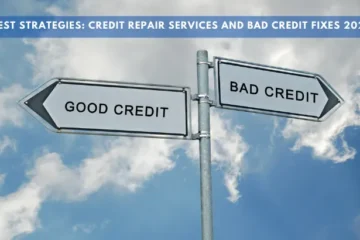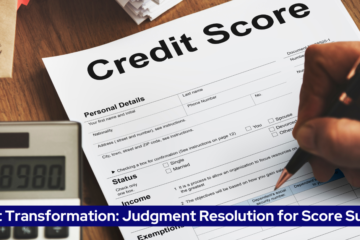Private Lender: Yes or No?
Have you ever been torn between hiring a private lender or just going directly to the bank when planning to apply for a loan? Are you confused about whether it is a good idea to hire a private lender or not because you don’t know the advantages of a private lender? Maybe having questions like “Are private lenders safe?” or “Will I save money?”
Let me tell you some of the Pros and Cons of having a private lender.
Pros:
1. Quick Process. Getting a loan directly to the bank may be time-consuming because of the complicated process you’ll go through. While having private lenders can have you approved within one or two days, depending on the loan you applied for.
2. Easily get qualified. Unlike banks, private loans usually don’t look at your credit score. As long as you can pay your loan, you will immediately get approval. Banks have many more requirements than you think, which is a hassle to meet.
3. Avoid the “Stress Test.” The stress test is a process in which banks ensure that you will be able to pay your interest even when the interest rate rises in the future. Getting a private loan saves you from this process.
4. Debt consolidation. If you have an outstanding debt with a high-interest rate, private lenders help you consolidate the debt and give you lower interest. It will make your payment easier.
5. Financing for purchase plus improvement or renovation. It is difficult to find a lender that will also cover additional expenses other than the home purchase itself. Private lenders help you purchase a home and cover the expenses if the house needs renovations.
6. Bridge loan. Do you need to purchase a new home, but the old one isn’t sold yet? Or need capital fast? Private lenders will keep you afloat until you obtain more permanent financing options.
After reading about the benefits, you may want to hire private lenders to keep you from the stress and hassle of dealing with bank loans. However, we need to also look at the opposite side.
Cons of hiring private lenders:
1. Higher interest. When hiring private lenders, higher interest rates shouldn’t shock you. This is the biggest advantage of having private lenders do the work for you. Besides that, they also collect additional fees, which may lead to a lot higher interest. This may sound disappointing, but private loans are for an individual who doesn’t have any other options.
2. Additional Fees. Lender fees, broker fees, and legal fees may be charged upon applying for a private loan.
3. Short-term loan. If you are looking for a short-term loan, private lenders are perfect for you. They only qualify for short periods of loans.
What happens after a consumer proposal?
One must know their obligations when applying for a loan. Having debt is a huge responsibility for an individual.
However, you can always get your good credit back when you see yourself in despair because of debt. Dispute any debt that you think you do not owe. Contacting your creditor directly is the first step. They will be able to answer your questions regarding your concerns. You can contact your local protection office or state attorney general if you still have doubts. You can validate your debt or collection practices to them.
Accidents can happen at any time. Having to use the money on emergencies such as medical bills or you got unemployed can cause a domino effect on your financial status. If this happens, contacting your creditor should be the top priority. Possibly, before you miss your due date, you can tell them your concerns. Honesty and forthrightness will be appreciated, and they will be willing to work with you. Many have “hardship programs” that allow for payment adjustments for a time.
What are your rights regarding your credit report information?
The Fair Debt Collection Practices Law prohibits a debt collector from showing your debt to anyone, harassing or threatening you, using false statements, giving false information about you to anyone, and misinterpreting your debt’s legal status. Always put in mind under other Federal Laws to collect data, creditors cannot seize most government assistance and can only garnish a portion of wages to collect debts. You can always sue your creditor for unfair or abusive behavior. If you notice that they are crossing the line, you can always ask for assistance from legal teams.
How do you avoid getting drowned in debt?
The answer may sound simple; however, easier said than done. Financial management. You have to take baby steps in managing your income, listing your expenses, and budgeting the money that entering your account may help.
Listing first your necessary expenses such as:
- Housing
- Health care
- Credit
- Grocery
- Utility bills, and so on.
Listing these will determine if you still have the budget for your optional expenses, such as:
- Entertainment
- Vacation
- Leisure, and so on.
Always remember to spend what you can afford. Avoid spending too much on unnecessary things like eating out often or purchasing hundreds of dollars on entertainment when you know you can’t afford it. Maybe consider substituting your credit card for a debit card. That said, you are not tempted to spend more than the budget and have only limited access to the cash you can spend.
Investing your savings in a low-interest bank is not really practical. Consider withdrawing it to settle for your high-rate loans. Using your savings and other assets to pay your loan makes a lot more sense than having a second car and paying for more insurance and maintenance fees.
Having loans or credit is not a bad thing. Make sure you have studied your decision’s pros and cons. No matter how badly you need it, it is always nice to take your time and study the contract you’re signing. Because after a consumer proposal has been made, you have already signed, you are already responsible for your own actions.




